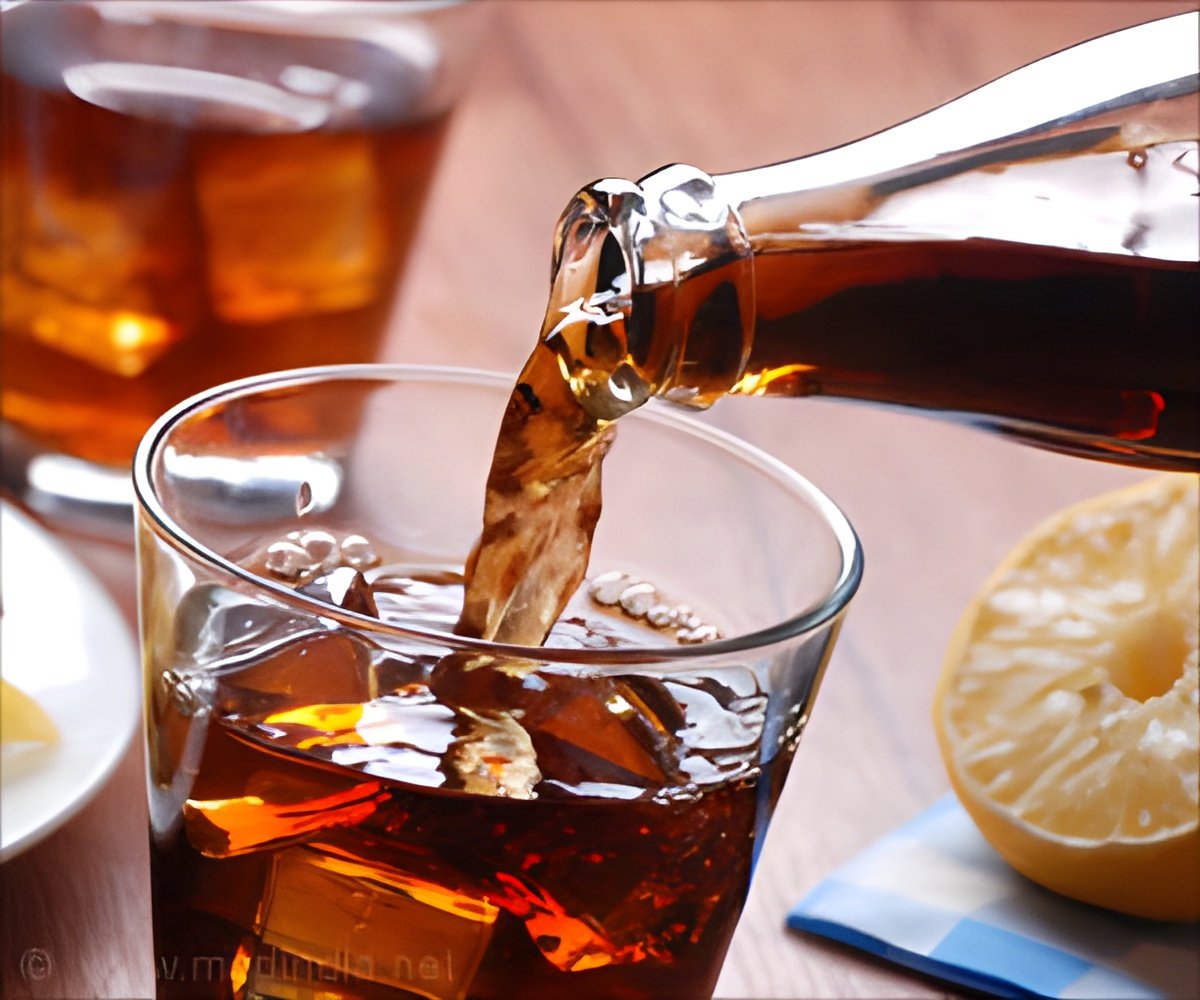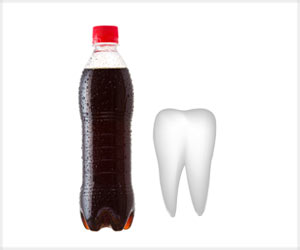Frequent soft drink consumption by teenagers may contribute to aggressive behavior over time, according to a new study.

“Despite public health policies designed to reduce children’s consumption of sugar-sweetened beverages, such as soda taxes and school soda bans, the consumption of sugar-sweetened beverages by youth in the United States remains a significant public health problem,” Mrug said.
Reciprocal relationships were analyzed showing soft drink consumption predicted an increase in aggressive behavior over time.
Soft drink consumption at ages 11 and 13 predicted more aggressive behavior at the next time point, the study showed. Aggressive behavior at age 13 also predicted more soft drink consumption at age 16. Soft drink consumption at age 13 predicted fewer depressive symptoms, but depressive symptoms did not predict soft drink consumption. Findings from this study suggest that reducing adolescents’ intake of soft drinks may reduce aggressive behavior, but not depressive symptoms.
Paralleling the historical trends of increasing soft drink consumption, emotional problems in adolescents have risen between the 1980s and early 2000s, says Sylvie Mrug, Ph.D. For example, several studies reported 70 percent to 350 percent increases in emotional problems among adolescent boys and girls in developed countries during this time period.
Interviews with 5,147 children and their caregivers were conducted from three sites, at children ages 11, 13, and 16. At each time, the children reported on their frequency of consuming soft drinks, aggressive behavior and depressive symptoms.
Advertisement
“Paralleling the historical trends of increasing soft drink consumption, emotional problems in adolescents have risen between 1980s and early 2000s,” Mrug said. “For example, several studies reported 70 percent to 350 percent increases in emotional problems among adolescent boys and girls in developed countries during this time period.”
Advertisement
All of these studies have included statistical adjustments for a variety of potential confounders such as child age, gender, BMI, physical activity, diet, substance use, and family factors, but the key limitation remains the cross-sectional design.
Although the results are typically interpreted in terms of soft drinks’ contributing to emotional and behavioral problems, it is equally likely that mental health problems may be driving the consumption of sugar-sweetened soft drinks, Mrug says. Experimental studies show that some individuals consume more sugary foods in response to stress and negative emotions.
Source-Newswise















